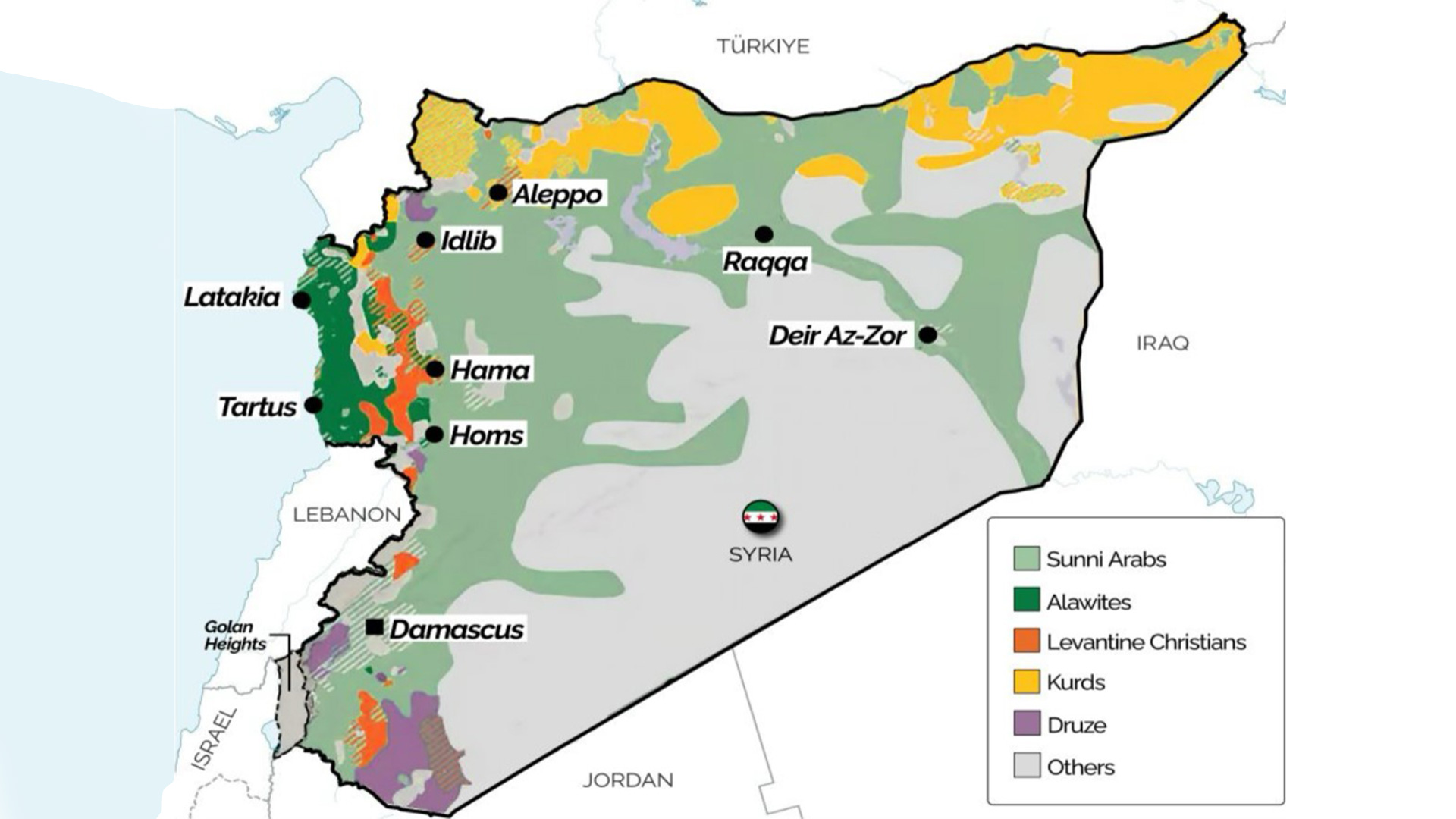Syria Postpones Transitional Parliament Lawmakers Selection in Sweida and Kurdish-Held Provinces
He added that seats in the transitional legislature would be reserved for the three provinces to fill at a later date, stressing that the selection process could only proceed in “territories controlled by the state.”

ERBIL (Kurdistan24) — A Syrian official said Saturday that the selection of members for the country’s planned transitional parliament will be delayed in the Druze-majority Sweida province and two Kurdish-held provinces in the north.
The transitional parliament, scheduled to be formed between September 15 and 20, is part of Syria’s political roadmap following the ouster of longtime ruler Bashar al-Assad in December. The new authorities, led by President Ahmed al-Sharaa, dissolved the Assad-era parliament and adopted a temporary constitution for a five-year transition.
Critics, however, argue that the interim charter centralizes too much power in Sharaa’s hands, echoing decades of authoritarian governance under Assad, and fails to adequately represent Syria’s complex ethnic and sectarian fabric.
Under the current plan, two-thirds of the 210 lawmakers are to be selected by appointed local bodies, while the president will directly appoint the remaining third.
But the process has now been postponed in Sweida, as well as in Raqa and Hasakeh provinces, until what authorities called “the appropriate conditions and a safe environment” are available, state news agency SANA quoted committee member Nawar Najmeh as saying.
Security and Political Obstacles
Sweida province has been gripped by deadly sectarian clashes in recent weeks, leaving access difficult and the security situation fragile. Meanwhile, much of Raqa and Hasakeh remains under the de facto control of Kurdish-led administrations, where relations with Damascus remain tense despite a March 10 agreement aimed at integrating Kurdish institutions into central government structures.
Najmeh said the postponement was due to “the security challenges these provinces are witnessing” and intended to “ensure fair representation.” He added that seats in the transitional legislature would be reserved for the three provinces to fill at a later date, stressing that the selection process could only proceed in “territories controlled by the state.”
The transitional body will serve a renewable 30-month term, according to AFP.
Transition in a Fractured Syria
The decision underscores the deep political and territorial divisions Syria continues to face in the wake of Assad’s downfall. While Sharaa’s government has sought to project stability, the reality on the ground is marked by fragmented authority, competing local administrations, and persistent insecurity.
Sweida, long seen as a Druze stronghold that largely stayed on the sidelines of the civil war, has recently been thrust into the spotlight amid growing anti-governmental sentiment and sectarian violence. The province’s exclusion from the initial parliamentary process highlights the challenge of reconciling local grievances with national-level political reforms.
In the north, Kurdish-led administrations that played a decisive role in defeating the Islamic State group maintain significant autonomy, with their institutions, security forces, and political structures still largely independent of Damascus. The March 10 agreement to integrate Kurdish governance structures into the Syrian state remains largely unimplemented, reflecting deep mistrust between the two sides.
Internationally, the transitional process is being closely monitored. While many external actors welcomed the fall of Assad, questions remain about whether Sharaa’s leadership represents a genuine break from authoritarian rule or a reshaped continuation of centralized power.
The postponement of the parliamentary process in key provinces underscores both the fragility of Syria’s transition and the difficulty of crafting an inclusive political settlement in a country still scarred by more than a decade of conflict and division.
